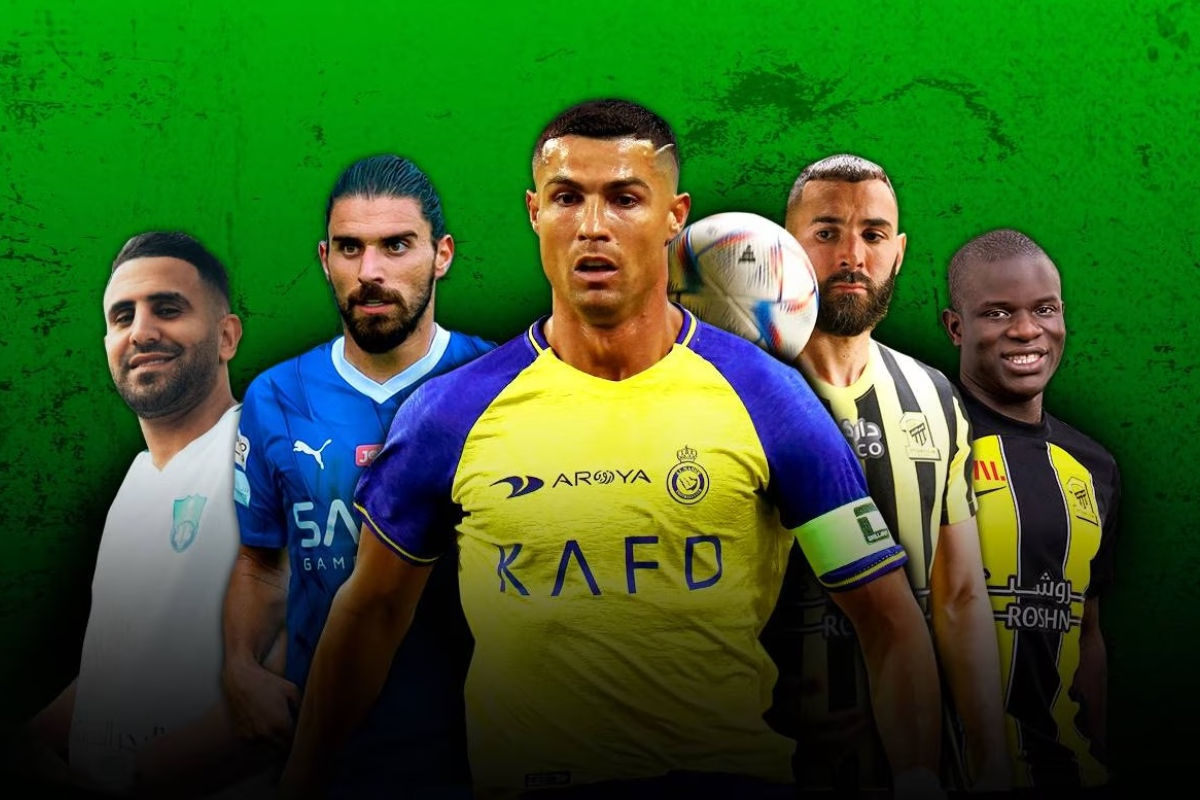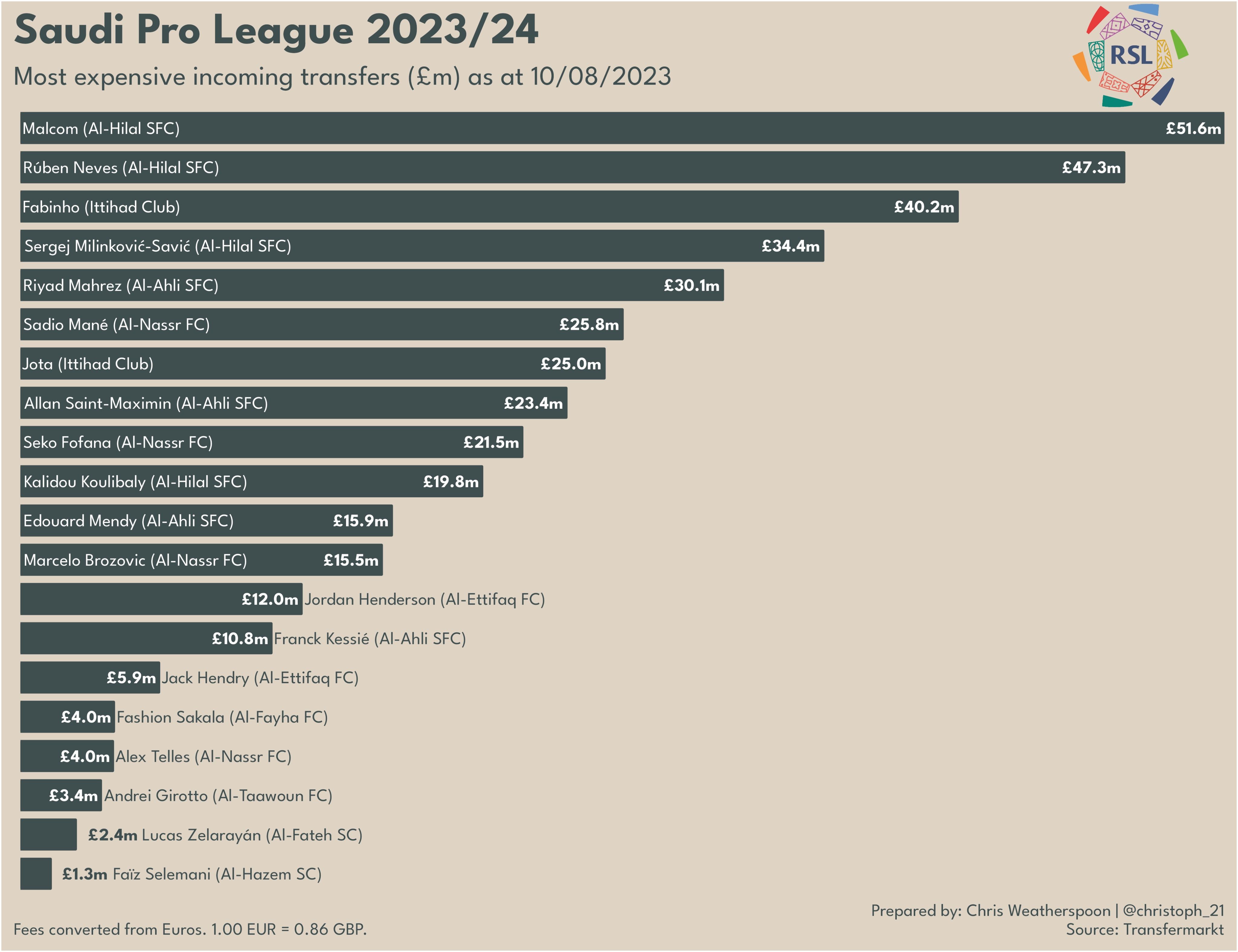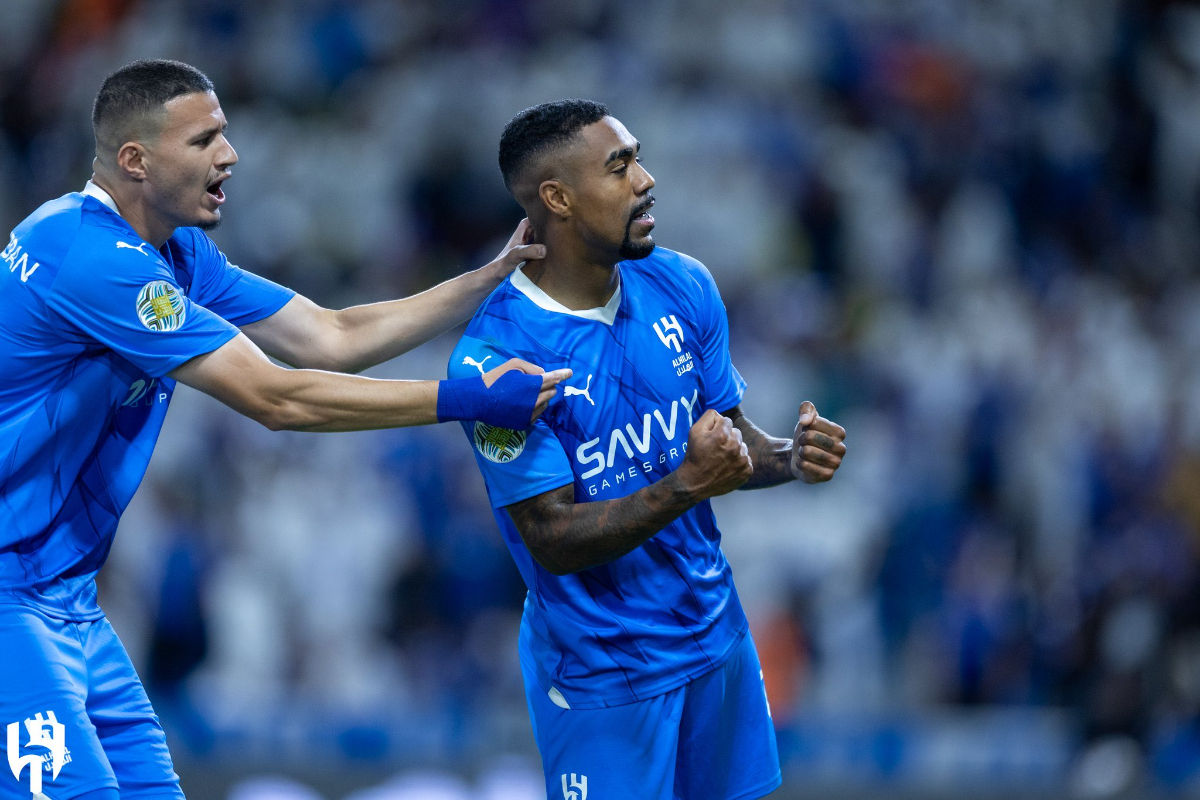
Teams mainly mention the positions they need to strengthen.
Saudi Arabia, which unexpectedly entered the football world six months ago, continues to make headlines in the transfer news. Many well-known names have joined the league this summer, following in the footsteps of Cristiano Ronaldo (and with hefty sums in their accounts, of course).

The list is likely to keep growing – at the very least, Hakim Ziyech, who has been trying to leave Chelsea for so long, could soon end up at either Al Ahli or Al Shabab.
In European football, concerns arise that Saudi Arabia's sudden entry into the transfer market will alter the football landscape. To some extent, that's true. However, in the Arab country, they ensure that the recruitment of superstars is targeted – no one intends to travel around the world and thoughtlessly collect everything that shines brightly. They mainly acquire players of a certain age (with rare exceptions like Malcolm) and strengthen the top four clubs privatized by the Saudi Arabian Public Investment Fund (PIF) at the beginning of the summer. The plan for the upcoming season is for each team to include at least three well-known players in their squad, and the players they replace will join other league clubs.
At this point, there are three main questions: why, who, and how these selections are made. Let's answer them now.

Why Saudi Arabia Wants Stars
In short, Saudi Arabia is reaching out to the world while attempting to move away from oil dependence. The kingdom has a strategy, with a significant portion focusing on sports. Saudi Arabia plans to boost tourism and enhance its image through football and other sporting events.
When Ronaldo first joined the league, it was just the beginning. The kingdom's plans are far-reaching and extensive and come with almost limitless funding. The logic behind signing players over 30 is that they're acquired for their names, which have the potential to attract both younger players to the league and spectators from different countries.
Everyone benefits from this story:
-The league gains high-profile names that draw attention;
-Top European clubs lighten their salary lists by offloading players who need help finding European teams due to wage demands or playing characteristics;
-Players receive lucrative contracts for efforts much less taxing than in any European league.
Prince Salman's desire to draw attention to the country is evident in the choice of clubs for private investments. It's not just the four largest clubs in Saudi Arabia, but also the first-division clubs like Al-Qadisiyah, based on the shores of the Persian Gulf, and Al-Ula (both located in places with tourism potential). Smaller clubs have been left out for now, as the country doesn't see sufficient investment appeal in them – they'll be given players released from more powerful teams.
How and Who Select These Stars
Since Ronaldo's arrival, the Saudi League has considered whether to centrally coordinate signing more contracts to evenly distribute talent among the major teams. Crown Prince Mohammed bin Salman was willing to allocate as much funding for transfers as necessary, in line with the state strategy. To effectively manage transfers for this winter, they appointed Harry Cook, former executive director of Manchester City, as the league's CEO. He worked for only half a year (he returned to England with Birmingham in the summer) but managed to establish a system by which the Saudis are currently scouting players.

According to this system, the league, not the clubs, centrally negotiates player transfers and allocates them to teams – clubs merely inform the league about the positions they need to reinforce. The transfer funds come from either the Ministry of Sports or PIF (the Prince's Fund). Journalist Ben Jacobs wrote that by 2030, the ministry will allocate €19.5 million to local clubs for transfers. Since 2021, PIF has already invested around €6.5 billion in sports.
However, the clubs must be consulted regarding big stars like Ronaldo or Benzema. All negotiations are conducted by a governmental delegation composed of PIF, the Ministry of Sports, and the Ministry of Tourism representatives. Throughout the process, Deloitte experts, primarily analysts, provide consultation. No negotiations with agents occur – the delegation immediately goes to the club to negotiate directly. Club representatives are involved only at the final stage, when all that's left is to sign papers and smile for the camera.
This centralization again confirms that Saudi Arabia is serious about using sports as a soft power tool. The government doesn't grant clubs the freedom of choice – simply because it doesn't want to lose control, as such a loss could impact the strategy's implementation. They know better in the government's offices – football is far from the only concern here.
10.08.2023
